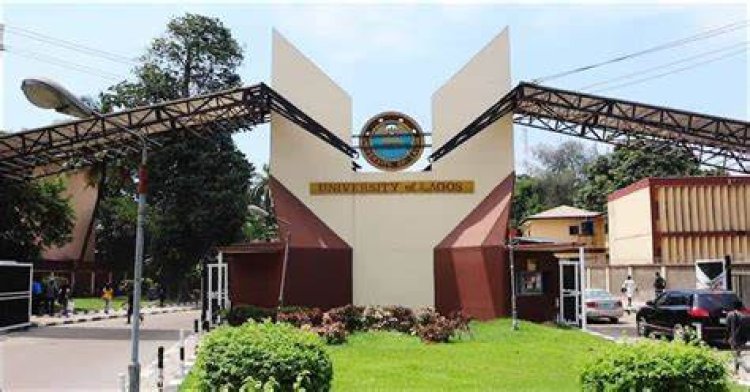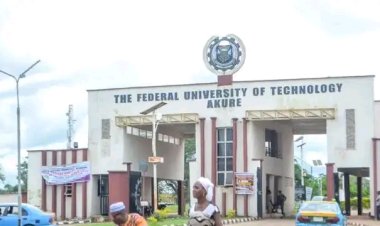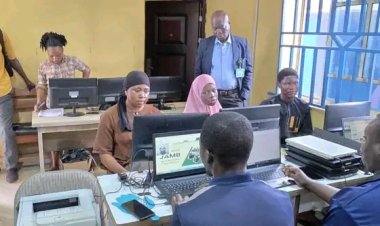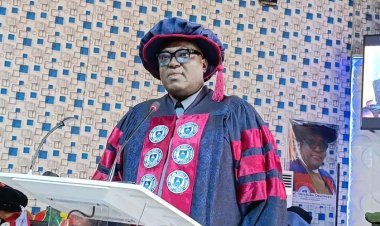UNILAG Accommodation Crisis Worsens as Private Hostels Now Charge Up to N500,000
The accommodation crisis at the University of Lagos (UNILAG) has intensified, with private hostels charging between N250,000 and N500,000 annually, leaving many students struggling to afford housing.

The accommodation crisis at the University of Lagos (UNILAG), Akoka campus, has escalated, with private hostel operators now charging students between N250,000 and N500,000 annually. These rising costs have made housing unaffordable for many students, forcing them to explore off-campus options.
An investigation by one of the Nation's reputable news outlet revealed that some private hostels operate under Build, Operate, and Transfer (BOT) agreements, while others are fully owned by private developers. These accommodations range from single rooms to mini flats, with some rooms offering air conditioning. For instance, the El Kanemi Hostel, a BOT project, charges N250,000 per room annually, while another private hostel, developed by the Women’s Society, reportedly offers en suite air-conditioned rooms for as much as N800,000 per year.
The spike in accommodation prices has sparked concerns among students and parents, with many lamenting that the fees are far beyond the financial capabilities of the average student. This has compounded the pressure on UNILAG’s limited hostel spaces. Last academic session, the university provided fewer than 8,000 accommodation slots for a student population of nearly 40,000.
Reacting to the situation, the Dean of Students Affairs, Prof. Nurudeen Obalola, clarified that the university had charged N43,000 per bed space in its official dormitories during the previous academic session. He noted that the growing student population and limited hostel infrastructure have led to a reliance on private operators to address the accommodation shortfall.
"Universities are gradually moving away from managing hostel accommodations directly, as we are not building new hostels each year while the student population keeps growing," Prof. Obalola stated. He explained that projects like the El Kanemi Hostel, which initially stalled, were completed under a BOT arrangement, allowing private operators to recoup their investments, hence the high fees.
While the university has not yet announced the official hostel fees for the next academic session, Prof. Obalola assured students that the management is committed to keeping costs reasonable. "We charged N43,000 last session, and from that amount, we even provided funds to hall leaders for their hall anniversaries. I cannot confirm the exact fee for the upcoming session, but it will not be beyond what students can afford," he said.
Prof. Obalola also highlighted the operational costs faced by the institution, noting that even during periods when students were not on campus, UNILAG's electricity bill reached about N400 million monthly. He hinted that this cost could rise when students resume on campus.
Addressing the challenges of off-campus living, Prof. Obalola acknowledged the high cost of rent and transportation, which further burden students. "Rents around the university are not cheap, and commuting from home is costly due to high transport fares. Staying on campus remains the most convenient and cost-effective option for students," he concluded.

 Chris Oyeoku Okafor
Chris Oyeoku Okafor 



